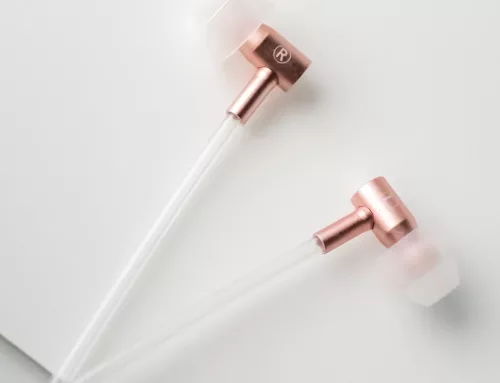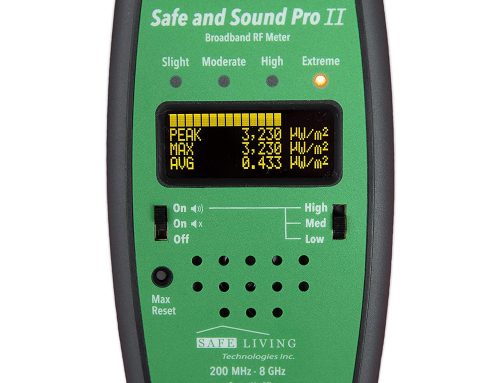Sleep is vital for health
Many of us are not getting enough sleep. 35% of US adults are sleeping less than 7 hours a night.
The National Sleep Foundation recommends that teens (14-17) sleep 8-10 hours/night and adults (18-64) sleep 7-9 hours/night. Less sleep increases risk factors for obesity, heart disease, depression and early death.
So sleep is clearly important. Now consider this. Are our mobile phones interfering with our ability to sleep and the quality of our sleep?
Did you know that 39% of Americans take their phone into the bedroom and use it when trying to sleep?
And what about teens? Do mobile phones interfere with adolescent sleep?
Contemplate these facts. A 2014 study showed that 62.9% of teenagers take their phone to bed and 56.8% keep turned on while sleeping. Almost half used their phone as an alarm clock 45.7%. More than one-third (36.7%) texted after going to bed. At least twice per week, 7.9% were awakened by a text after going to bed. Wow.
Are cell phones not only a distraction from sleep but could they be affecting our overall health as well?
Is there a relationship between teenagers’ well-being and their mobile phone use?
Studies show for teenagers that the number and duration of cell phone calls were associated with increased risk of headaches, tinnitus, and feeling down/depressed.
In a study of 20-24 year olds, mobile phone use resulted in associations between high use and stress, sleep disturbances and symptoms of depression compared to lower cell phone usage.
Take a moment to reflect on this for all of us:
“The relationship of good sleep to cognition, performance and healing is well recognized. Sleep is a profoundly important factor in proper healing, anti-inflammatory benefits, reduction in physical symptoms of such as tendonitis, over-use syndrome, fatigue-induced lethargy, cognition and learning. Incomplete or slowed physiological recovery is common when sleep is impaired. Circadian rhythms that normalize stress hormone production (cortisol, for example) depend on synchronized sleep patterns.
People who are chronically exposed to low-level wireless antenna emissions report symptoms such as problems in sleeping (insomnia), as well as other symptoms that include fatigue, headache, dizziness, grogginess, lack of concentration, memory problems, ringing in the ears (tinnitus), problems with balance and orientation, and difficulty in multi-tasking.”
What I gather from this is that we could benefit from more sleep, ideally in a low-EMF environment.
First, create an intention to prioritize sleep in your nightly routine. For me this means unwinding at the end of the day with some yoga or meditation after the kids are asleep. Or take a walk, even if it’s only around the block.
Second, your mobile phone is not only distracting at bedtime, but it may have implications for your health. Why not keep your phone outside of your bedroom when you are asleep? Create your own new, healthy sleep patterns and see how you feel!





